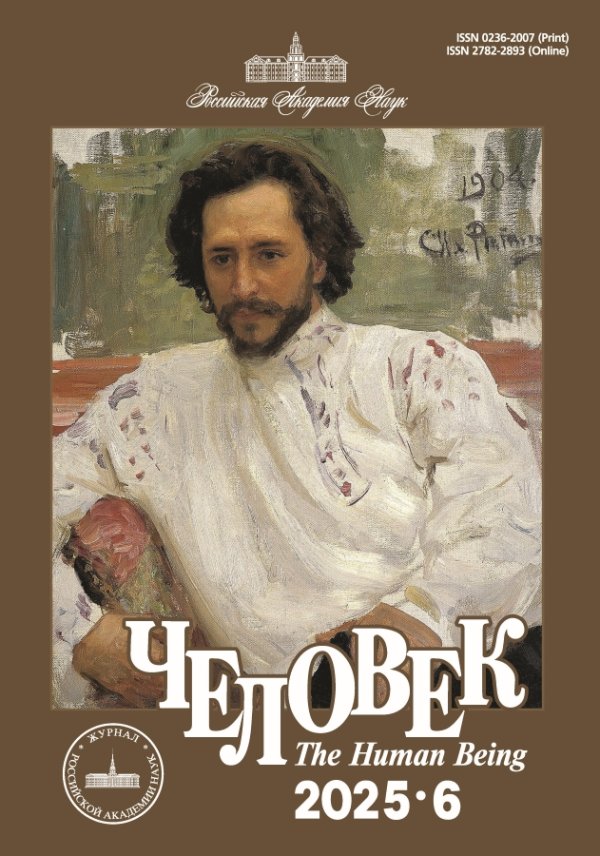Philosophy of Physical Fitness: From Palestra to Fitness Club
- Authors: Mikhel D.V.1, Mikhel I.V.1
-
Affiliations:
- Russian Presidential Academy of National Economy and Public Administration
- Issue: Vol 34, No 2 (2023)
- Pages: 112-117
- Section: Philosophical and anthropological issues of sport
- URL: https://journals.rcsi.science/0236-2007/article/view/141383
- DOI: https://doi.org/10.31857/S023620070025538-8
- ID: 141383
Full Text
Abstract
What philosophy do fitness club visitors adhere to? Since people come to fitness clubs for health, a good figure and longevity, it must be admitted that a philosophy of avoiding death, amortalism, implicitly dominates there. Like the first fitness clubs, it appeared in the 1970s. in the United States, in connection with the rejection of the ideology of militarism and the end of the Vietnam War. The emergence of the fitness industry and the arrival of the “mass visitor” to the clubs made it mass. In the militarized societies of the past, a philosophy of preparation for death, or mortalism, dominated. One of the places of its incarnation was the Greek palaestra. The young men involved in gymnastics were preparing to become warriors and face death on the battlefield. Despite the differences between the philosophy of the palaestra and that of the fitness club, what they have in common is their lack of connection to sport. Common to them is also an internal orientation to victory over oneself.
About the authors
Dmitriy Viktorovich Mikhel
Russian Presidential Academy of National Economy and Public Administration82/1 Vernadsky Prosp., Moscow 119571, Russian Federation
Irina Vladimirovna Mikhel
Russian Presidential Academy of National Economy and Public Administration82/1 Vernadsky Prosp., Moscow 119571, Russian Federation
References
- Christaki A. The Political and Religious Setting of Olympic Contests in Antiquity. Trivium: Estudos Interdisciplinares. 2018. Vol. 10, N 1. P. 96–102.
- Smith Maguire J. Fit for Consumption: Sociology and the Business of Fitness. New York: Routledge, 2008.










